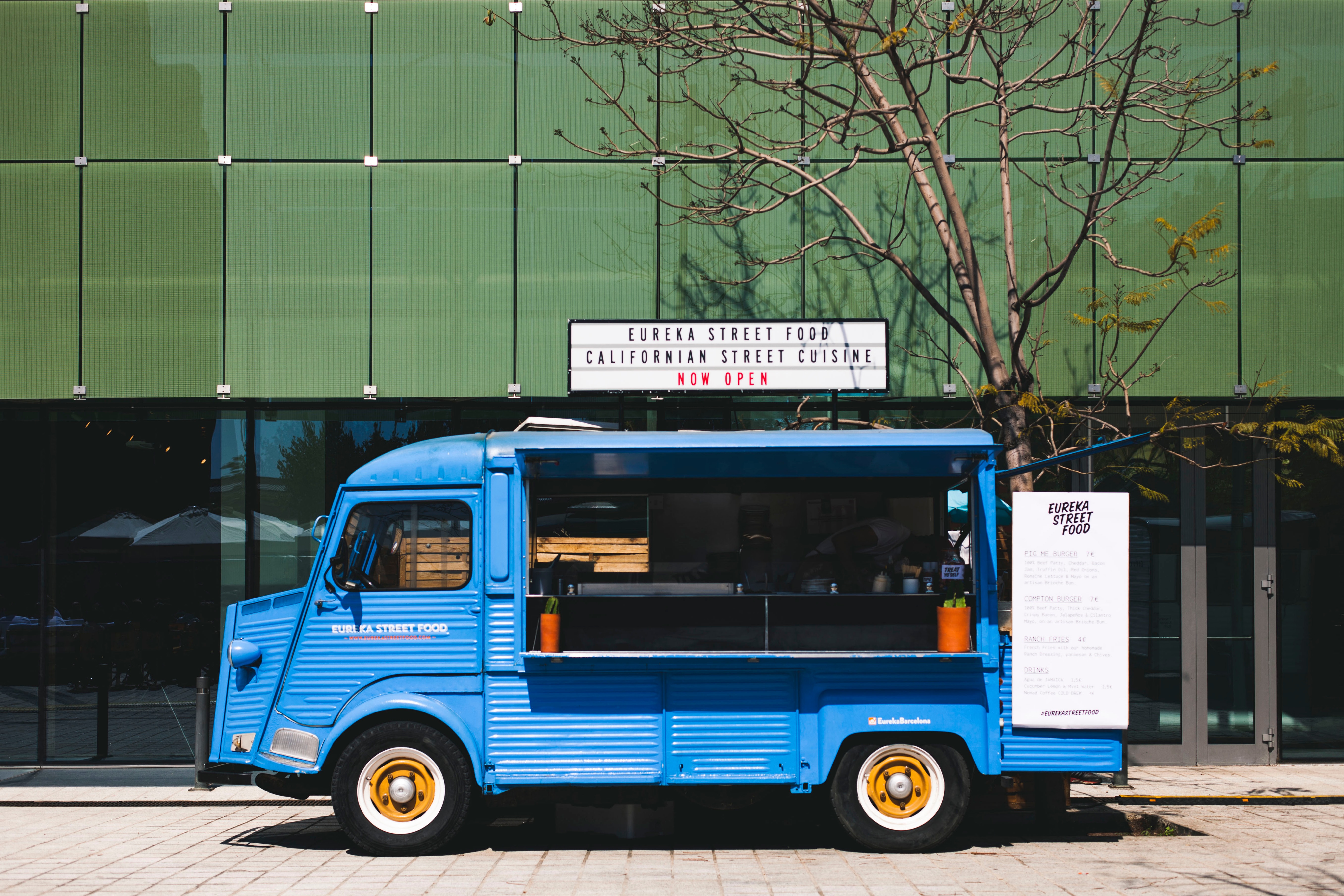MUMBAI — Indian food tech startups are scrambling to iron out their differences with over a thousand restaurants that have boycotted their services in a dispute over alleged predatory pricing and mandatory discounts.
Their efforts, due to come to a head this weekend, come as U.S.-based Amazon reportedly eyes India’s fast-growing food delivery market with a promise of lower commissions charged to restaurants. Food tech companies generally take about a 15%-20% commission for orders booked through their apps.
Among those hit by the boycott are Zomato, backed by Alibaba Group Holding‘s payment affiliate Ant Financial, Times Internet-backed Dineout, and Eazydiner.
The restaurants have stopped using the startups since August 15 — India’s Independence Day — proclaiming their own “independence” from unfair practices. A restaurant industry group also accuses the companies of being opaque on how commissions from restaurants are calculated.
The startups are revising their discount programs ahead of a meeting with the National Restaurants Association of India this weekend, two people familiar with the issue told the Nikkei Asian Review.
Other companies in dispute with restaurants but yet to be hit by boycotts include food delivery operators Uber Eats and Tencent Holdings-funded Swiggy.
Amazon is in talks to buy Foodpanda from taxi and ride-sharing operator Ola, local media has reported. Observers say the startups need to quickly resolve their fight and prepare to compete with the U.S. giant. “Amazon is a mammoth company and it has the potential to shake up the market when it enters,” said TRA Research CEO N. Chandramouli.
According to Statista.com, annual revenue in the online food delivery sector stood at about USD 7.7 billion as of June. It is expected to grow at an annual rate of 12.8% to $12.5 billion by 2023. A recent study by Red Seer Consulting also showed that food tech companies averaged 3 million deliveries a day in the January-March quarter, up from 0.7 million deliveries in the same period last year.
Established in 2008, Zomato was one of the country’s first food tech startups. It was soon followed by a number of restaurant delivery apps such as Swiggy. Currently, there are an estimated 900 meal delivery operators in the country, creating price wars and conflicts with restaurants.
Zomato was hit the hardest by the boycott, as 650 of its 3,500 member restaurants have exited its Gold customer-loyalty program. The company, which is both a food delivery service and restaurant reservation provider, is revising the terms of the program in order to lighten the burden on the eateries.
Membership in Zomato’s program costs Rs. 2,000 rupees (USD 28) annually and obliges restaurants to provide one complimentary meal and two drinks per customer visit. The NRAI defines a discount of more than 15% as a “deep discount.” Some offers by food tech companies — such as Zomato’s program — result in 50% discounts.
The NRAI wants to limit this practice. “Discount is a privilege and not a right,” said Rahul Singh President of the association as well as founder and CEO of The Beer Cafe. “Discounting works well in the retail space, because brands can limit supply, and therefore create a sense of urgency in the eyes of the consumer. Unlike retail, restaurants don’t serve leftovers at a discounted price.”
This weekend’s meeting will test whether the startups and restaurants can finally settle their differences. “The resolution has to be initiated by Zomato, who is the prime driver [of the sector] to ensure an amicable solution,” said TRA’s Chandramouli.
Ojaswi Rao, Editorial assistant in Mumbai contributed to this story.
This article first appeared on Nikkei Asian Review. It’s republished here as part of 36Kr’s ongoing partnership with Nikkei. 36Kr is KrASIA’s parent company.
